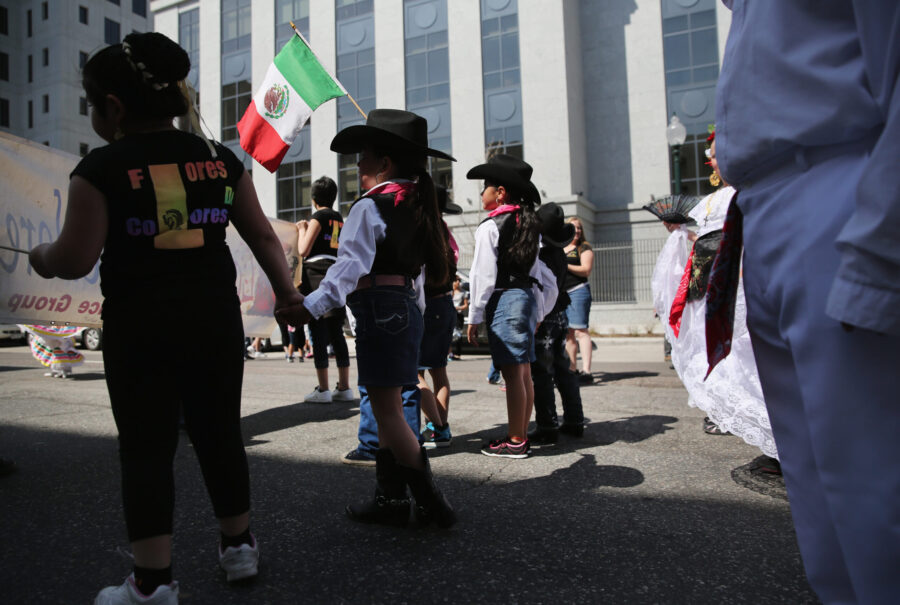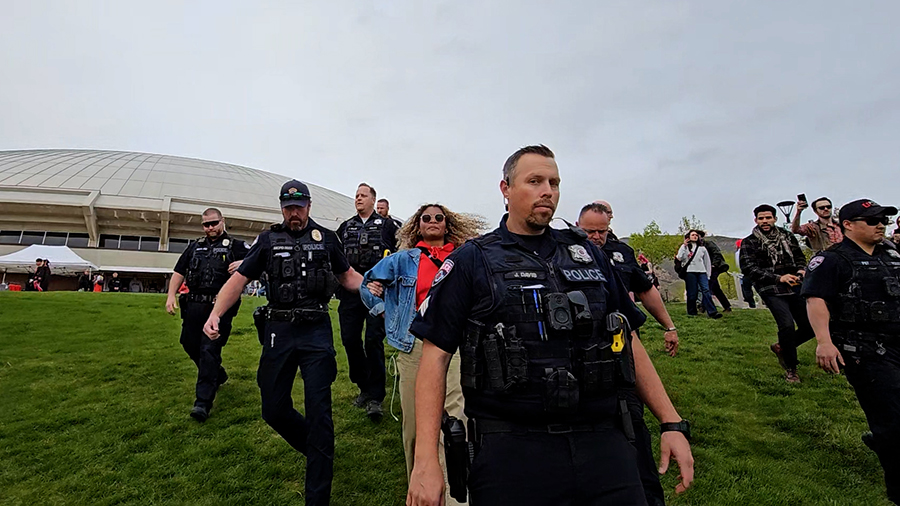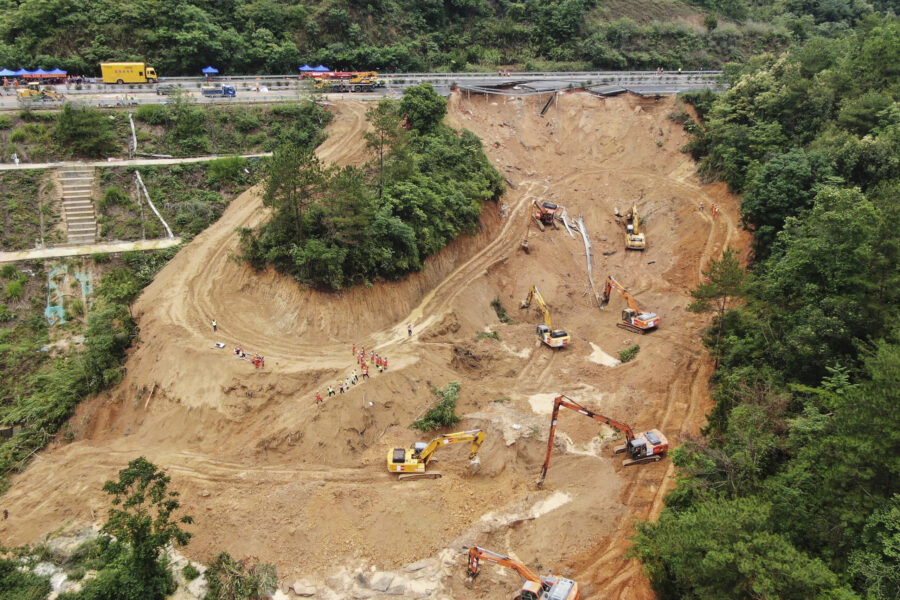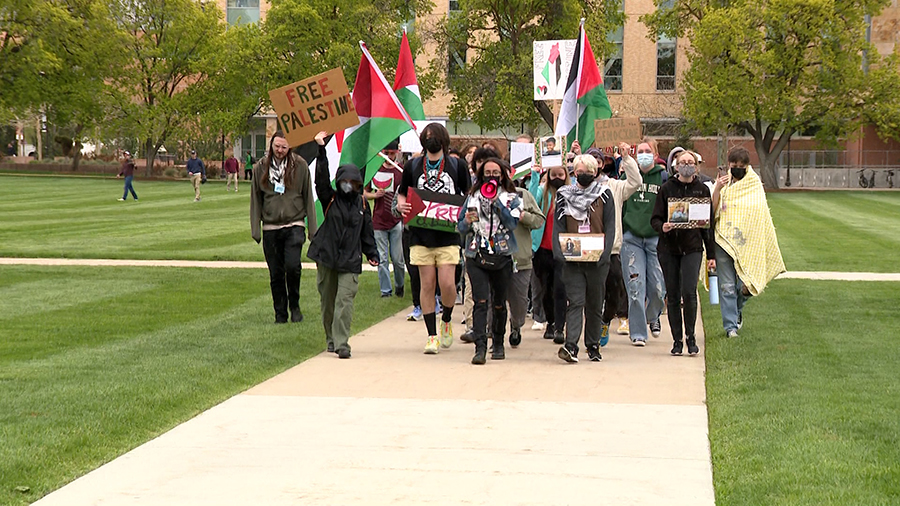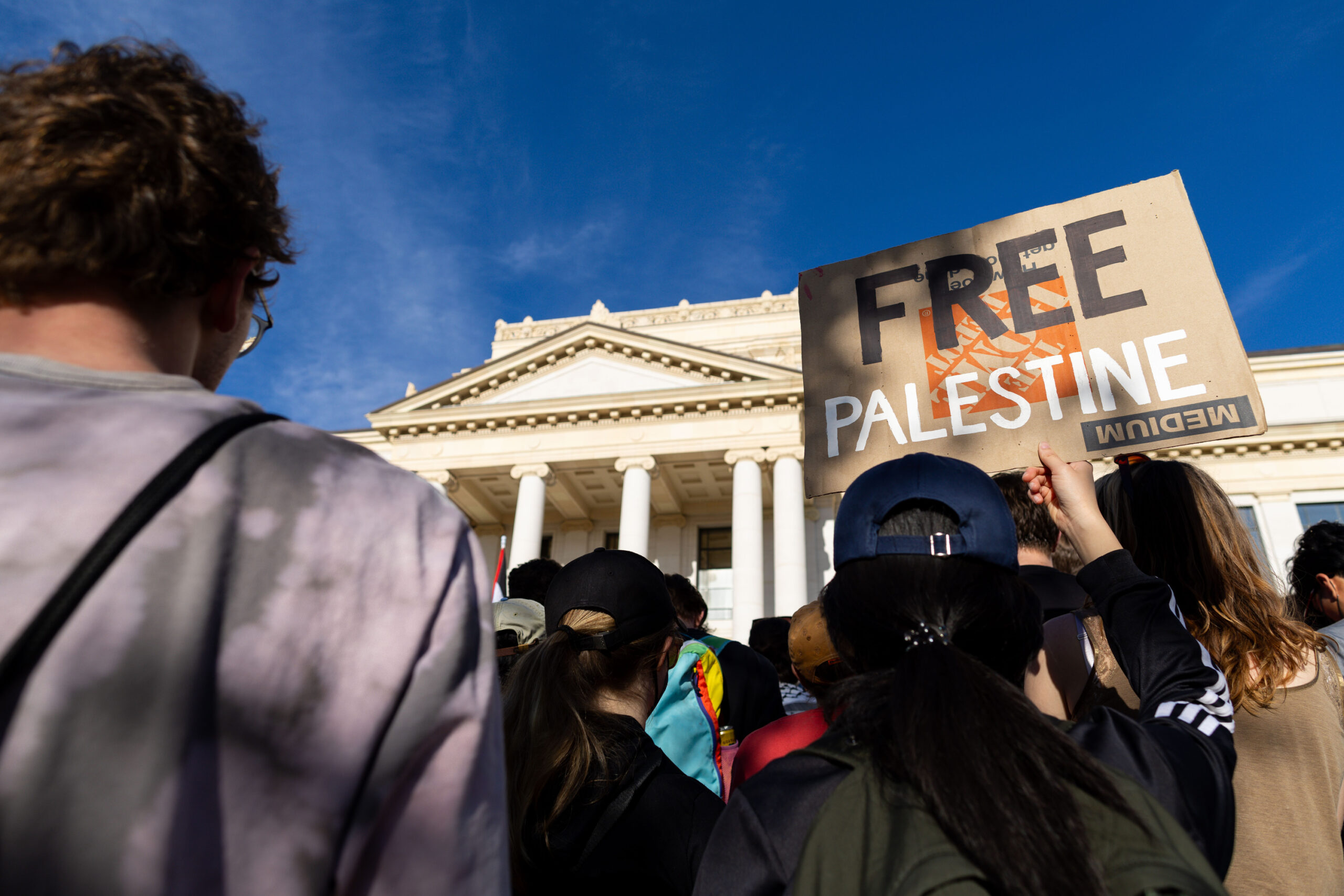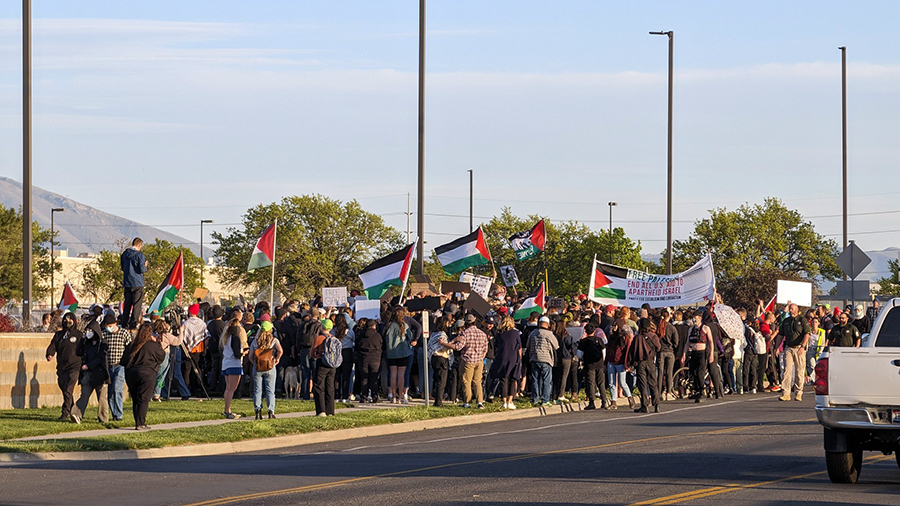Ukraine tightens pressure on military age men abroad as part of wider mobilization rules overhaul
Apr 24, 2024, 4:37 PM | Updated: 4:40 pm
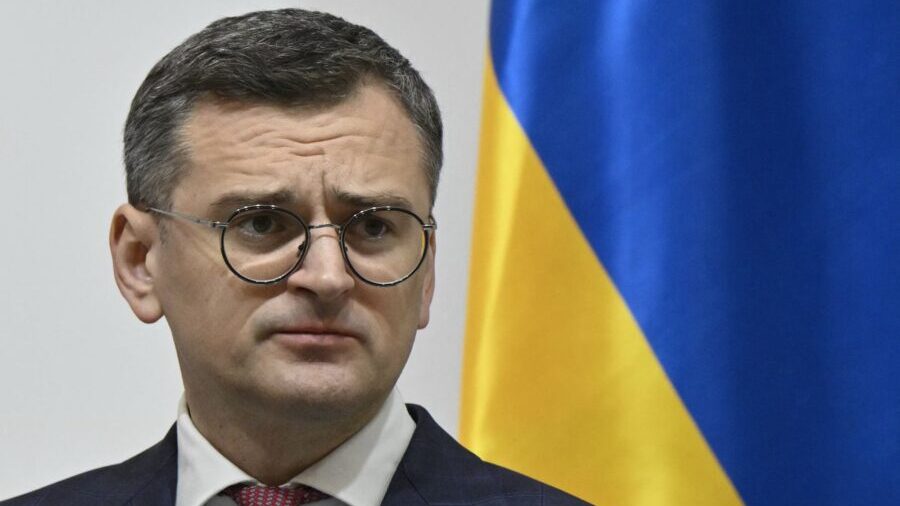
Ukraine's Foreign Minister Dmytro Kuleba is pictured in Kyiv on April 15. Ukraine is tightening pressure on men of call-up age living abroad by suspending their consular services. (Genya Savilov, AFP/Getty Images via CNN Newsource)
(Genya Savilov, AFP/Getty Images via CNN Newsource)
(CNN) — Ukraine is tightening pressure on men of call-up age living abroad by temporarily suspending consular services, amid a wider overhaul of the country’s mobilization rules aimed at beefing up its defenses against Russia’s invasion.
Foreign Minister Dmytro Kuleba announced the suspension in a post on social media Tuesday, saying that it was needed to “restore fair attitudes” toward conscription.
“Under the circumstances of Russia’s full-scale aggression, the main priority is to protect our homeland from destruction,” Kuleba said in a post on social media, adding that staying abroad “does not relieve a citizen of his or her duties to the homeland.”
“A man of conscription age went abroad, showed his state that he does not care about its survival, and then comes and wants to receive services from this state. It does not work this way. Our country is at war,” Kuleba said.
Additional details released
Ukraine’s Ministry of Foreign Affairs released additional details about the measure on Wednesday, saying in a statement that the suspension would affect men aged 18 to 60, who are temporarily abroad, except if they are applying for identity cards to return to Ukraine.
“The decision to suspend the process of providing consular services to the category of Ukrainian citizens specified by law is a temporary step due to the need to resolve issues related to the military registration of citizens of mobilisation age who are abroad,” the ministry said.
The mechanism for updating and verifying military registration data “is currently being determined,” it said.
The measure has already sparked criticism by some members of the Ukrainian parliament, who have called it semi-legal and have said representatives of the Foreign Ministry should be summoned to provide explanations.
As part of the ministry’s measure, all applications for consular services submitted before April 23, when the measure took effect, will be considered and processed by consular offices in full, including passport applications for travel abroad.
Only new applications from military age men will not be accepted temporarily, “as the term for consideration of such applications may exceed the time remaining before the law enters into force,” the ministry said.
The process of accepting and processing applications for consular actions will continue after the mobilization law enters into force on May 18 this year.
After updating their military registration data at recruitment centers in Ukraine, male citizens aged 18 to 60 with valid military registration documents will have full access to consular services, the ministry said.
The temporary suspension won’t affect the provision of consular assistance in case of emergencies with Ukrainian citizens abroad, it added.
Mobilization rules overhauled
Ukrainian President Volodymyr Zelensky signed the new law on April 16, after the draft version was amended more than 4,000 times by lawmakers – a measure of how politically difficult crafting the legislation was.
Among the new law’s stipulations are that all men between 18 and 60 register with Ukraine’s military and carry their registration documents on them at all times, so that the recruitment processes can be more efficient and more transparent, the government says.
One of the aspects of the law that has divided opinions is that it does not contain provisions for demobilizing soldiers who have spent long periods fighting, which has prompted outrage by family members.
After the law passed, dozens of wives and relatives of servicemen gathered outside Ukraine’s parliament to protest and demand that mobilization deadlines be included.
The new law is aimed at boosting the pool of men available to fight for Ukraine and streamline registration.
Late last year, the leader of Zelensky’s Servant of the People faction in parliament said the military was looking for an extra half million servicemen and women.
But Ukraine’s Commander-in-Chief Oleksandr Syrsyki said recently any increase in numbers would likely be significantly lower.


